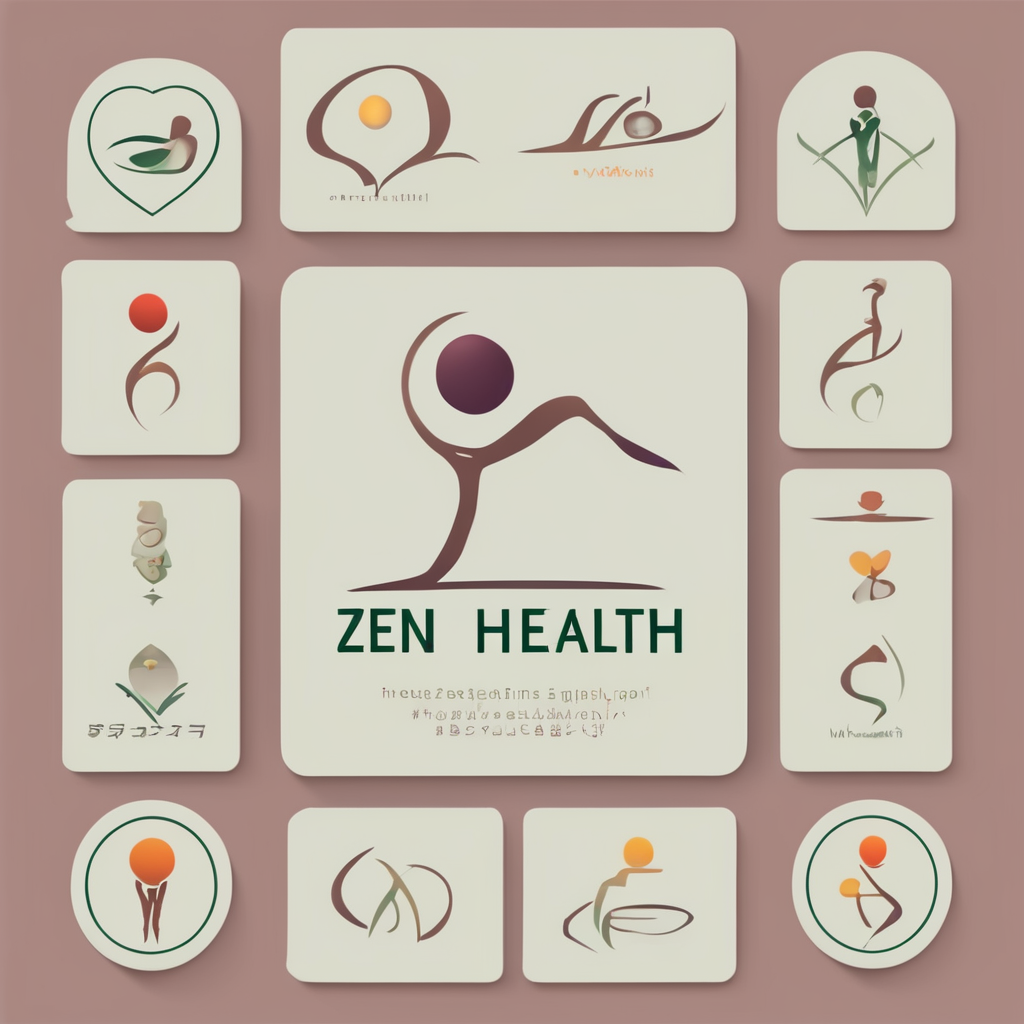In the fast-paced world of today, taking a moment to prioritize your health might feel like a luxury. However, routine check-ups with your primary care doctor are far from an indulgence; they are an investment in your well-being. As health enthusiasts, it’s crucial to understand the profound impact regular medical visits can have on your long-term health outcomes. This article delves into the significance of these check-ups and how they can shield you from potential health risks, elevate your quality of life, and ensure the longevity of your vitality.
Understanding the Role of Routine Screenings
Routine screenings are not just a formality; they are your gateway to a life free from unexpected health scares. These screenings serve as a proactive measure, allowing for the early detection of potential conditions that may otherwise go unnoticed. By engaging in these medical evaluations, you’re giving yourself the best chance to address issues before they escalate into something more severe.
Also read : What are the health risks associated with excessive alcohol consumption, and how can you cut back safely?
The Importance of Early Detection
Early detection through regular screenings is like a safety net for your heart health, diabetes, and various types of cancer. When caught early, many diseases are more manageable, some even reversible. A primary care doctor can recommend screenings tailored to your age, family history, and lifestyle. This personalized approach ensures that you’re on the right path to mitigating risks and promoting longevity.
Screenings for Different Age Groups
While younger individuals might focus on lifestyle diseases, older adults often undergo screenings for heart conditions, osteoporosis, and cancer. Regular visits to your doctor can help you keep track of the necessary screenings specific to your age group, ensuring that you remain informed and proactive about your health journey.
Topic to read : How does exposure to nature impact mental health, and what are the best ways to incorporate it into your life?
Building a Trusting Relationship with Your Healthcare Provider
Developing a rapport with your primary care physician is like establishing a partnership in your health. Regular visits allow you to build a trusting relationship, which is crucial for effective healthcare. Your doctor isn’t just someone who prescribes medicine; they’re your health ally, dedicated to guiding you through every step of your wellness journey.
Open Communication
An open line of communication encourages you to share family health history, lifestyle habits, and any symptoms you may be experiencing. This transparency allows your doctor to provide more accurate diagnoses and tailored advice. Being forthright about your concerns can lead to more precise screenings and, consequently, better health outcomes.
Personalized Care Plans
Your healthcare provider can create a comprehensive care plan that includes lifestyle modifications, dietary advice, and necessary screenings. A personalized approach ensures that you’re receiving care that addresses your unique needs and concerns. Regular consultations enable your doctor to adjust your care plan as needed, keeping your health at the forefront.
Addressing Lifestyle Factors to Improve Health
Lifestyle factors such as diet, physical activity, and stress levels significantly influence your health. During regular check-ups, your doctor can help you assess and improve these components, leading to better overall health outcomes.
Dietary Recommendations
Your primary care doctor can provide guidance on healthy eating habits that support your heart and reduce the risk of lifestyle diseases. Incorporating nutrient-rich foods into your diet can prevent conditions like diabetes and obesity. Engaging in regular consultations allows you to stay informed about the latest dietary trends that can benefit your health.
Encouraging Physical Activity
Physical exercise is a cornerstone of health. Your doctor can recommend activities suited to your fitness level and health goals. Whether it’s walking, cycling, or yoga, regular physical activity can enhance your fitness, boost mental health, and improve cardiovascular health.
Managing Stress
Stress management is vital for maintaining a healthy lifestyle. During your visits, your doctor can offer strategies for reducing stress, such as mindfulness practices, which can lead to improved mental clarity and emotional well-being.
The Consequences of Skipping Regular Check-ups
Neglecting regular check-ups can have serious repercussions on your health. By understanding the potential consequences, you can make informed decisions to prioritize these visits.
Increased Health Risks
Skipping routine doctor visits can lead to the late diagnosis of diseases, making treatment more complex and less effective. Without regular screenings, there’s a risk of conditions like heart disease going undetected until they become critical. Staying proactive with your health can prevent these scenarios.
Financial Implications
Ignoring regular health evaluations can lead to increased medical expenses in the long run. Treating advanced-stage diseases is often more costly than preventive measures. Investing in your health through doctor visits can save you from potential financial strain.
Impact on Quality of Life
Undiagnosed health issues can affect your daily life, reducing your ability to enjoy activities and engage with your community. Regular check-ups ensure that you’re not only living longer but living well, with the energy and vitality to pursue what you love.
Incorporating regular check-ups into your life is a powerful strategy for safeguarding your health. By prioritizing these visits, you’re not just reacting to symptoms; you’re actively engaging in a preventive approach to well-being. From routine screenings to personalized care plans, your doctor becomes a pivotal figure in navigating your health journey.
As you reflect on the potential long-term benefits, remember that these check-ups are an investment in your future. Embrace the opportunity to collaborate with your healthcare provider and make informed decisions that enhance your health outcomes. Your well-being is the greatest asset you have; treat it with the care and attention it deserves.











